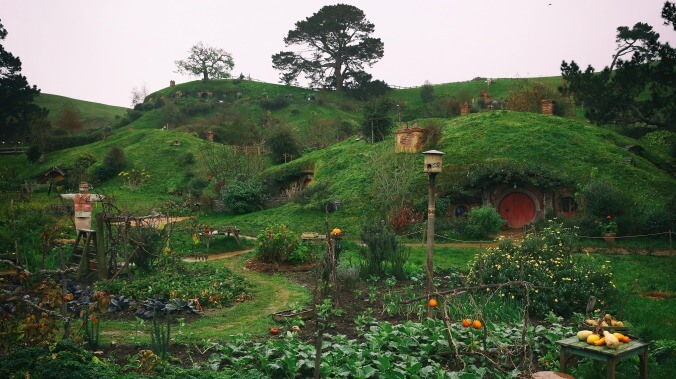The Lord Of The Rings show—expected to be among the most expensive TV series ever produced—recently wrapped filming in New Zealand for its first season, which is expected to air in 2022. Next, it’ll move on to extensive post-production, but after that, the series is apparently packing up all the elves and talking trees and half-, quarter-, and eighthlings, and shipping them off to Merry Olde England. Why? Well, it couldn’t be simpler: Per an Amazon press release, the move “ aligns with the studio’s strategy of expanding its production footprint and investing in studio space across the U.K.” (We think that means “we already have a bunch of studios running in the U.K., and we think we can probably get away with faking a new Minas Tirith.”)
As we go to press with this, the entire population of New Zealand—each affected, in their own way, by Amazon’s decision to sail for the Grey Havens like this—have yet to issue a collective statement on the move. Or, for that matter, on the reported $100 million-plus tax rebate the country gave Amazon to film the new show there; the Amazon press release notes that the company’s not going to “actively pursue” an extra 5 percent tax rebate it negotiated for season one back in April, but there’s nothing about the initial 20 percent tax rebate it got on the $465 million it was going to spend on the first season. (Some of which, in turn, was reportedly for series-length start-up costs, rather than just for the filming of the eight episodes that actually got shot in the country.)
Amazon also had the gall to thank New Zealand for their time together—including its Ministries of both Employment and Tourism, which should presumably have a cheerful response in turn, just as soon as they finish filling in the Mount Doom-sized hole that just opened in their collective bailiwicks.









































